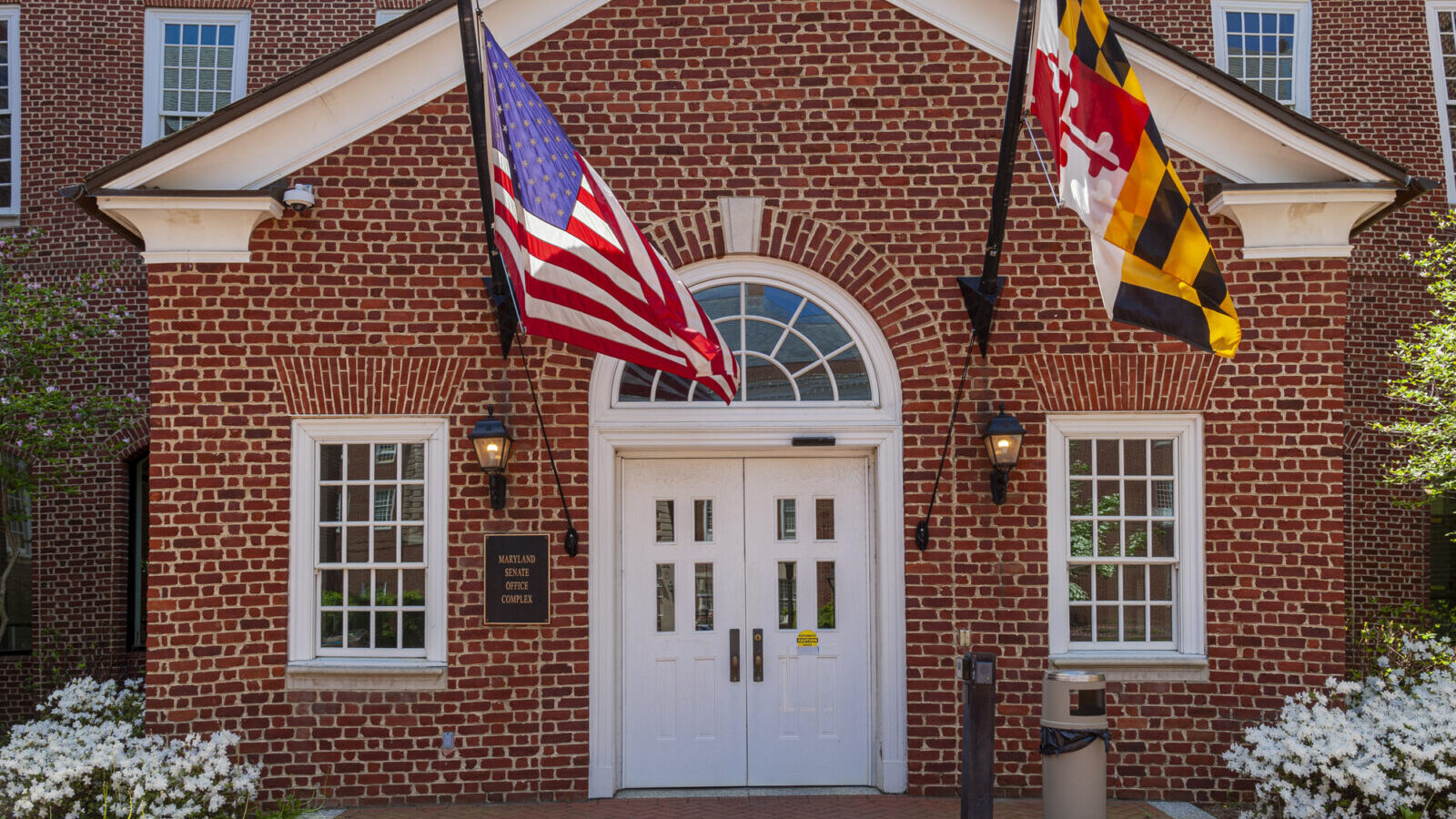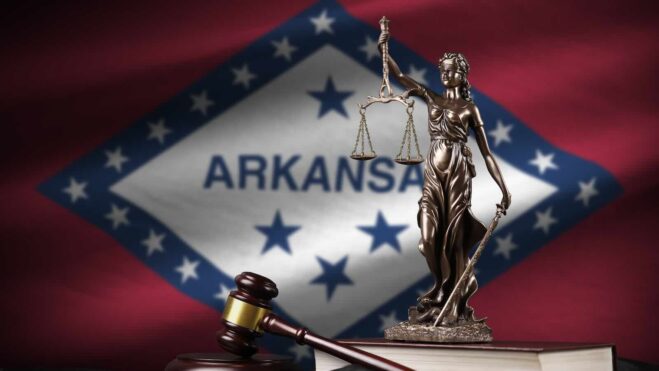Amended Online Casino Bill ‘A Lot To Digest’ For Maryland Senate Budget Committee
To the surprise of nobody who’s been following the Maryland effort closely, a back-and-forth ensued over the topic of cannibalization.
2 min

With the clock ticking toward the end of Maryland’s legislative session on April 8, the state’s Senate Budget and Taxation Committee devoted about 15 minutes Tuesday to conversation around the online casino bill that passed through the House of Delegates on March 16.
And to the surprise of nobody who’s been following the Maryland effort closely, a back-and-forth ensued over the topic of cannibalization.
Del. Vanessa E. Atterbeary, the sponsor of House Bill 1319 — legislation designed to authorize and implement internet gaming — introduced the particulars of the amended bill to the Senate Committee, emphasizing, “We already have iGaming going on in the state of Maryland. It is illegal. You have folks going on their phones or their computers and doing iGaming with somebody in Curacao or somewhere far away, not here in the state of Maryland. I think it is incumbent on us to capture that market and regulate it.”
Atterbeary detailed the particulars of the bill, from the number of licenses, to responsible gambling measures, to the tax rates.
At the end of Atterbeary’s presentation, state Sen. Joanne Benson, the only member of the committee who spoke on it other than Committee Chairman Guy Guzzone, began by saying simply, “Your testimony is a lot for us to digest.”
Even with less than two weeks remaining in the legislative session, the implication appeared to be that no one should expect hurried movement on the bill.
Does online hurt or help B&M casino?
Sen. Benson expressed strong concern over parts of a recent report on iGaming by Morgan State University’s Data Analytics and Sports Gaming Research department. Benson wanted to know whether Atterbeary had read that report, and when the delegate said she hadn’t, Benson insisted, “If you look at it, it is pretty devastating for people of color.”
Sen. Benson was focused on the element of the report that suggested online casino legalization may lead to loss of jobs at brick-and-mortar casinos (though the bulk of the report was devoted to concerns around problem gambling).
Michelle McGregor, a senior adviser to the Sports Betting Alliance (SBA), a group formed by leading operators FanDuel, DraftKings, BetMGM, and Fanatics, disputed the findings Benson cited.
McGregor pointed to other studies that “reinforce the dynamic that iGaming is additive to land-based casino gaming. … Across six states, data shows that iGaming revenue is additive to land-based gaming.
“I think that would reinforce sustainability for jobs and even businesses around land-based casinos.”
Conflicting studies continue to fuel this debate, which has emerged as a significant obstacle to hopes for iGaming passage in Maryland.
Tax talk and more
In spelling out the details of the bill, Atterbeary motioned to SBA representative McGregor as she said, “The tax rate, which my friend next to me does not love, and I will admittedly say that the casinos do not like, is 55 percent — and 20 percent if you decide to have live-dealer games here in the state of Maryland.”
The bill specifies that live-dealer studios would have to be located in the same counties as the brick-and-mortar casinos, and those dealer jobs would have to stay in Maryland.
Atterbeary also noted that some of the revenue from iGaming will go toward a fund to pay land-based casino workers who lose their jobs — clearly a provision meant as a direct response to cannibalization concerns.
If iCasino legislation is not passed this year — even if the Senate passes a bill, it then needs to be approved by voters on the November ballot — Maryland would have to wait until 2026 to consider it again.






